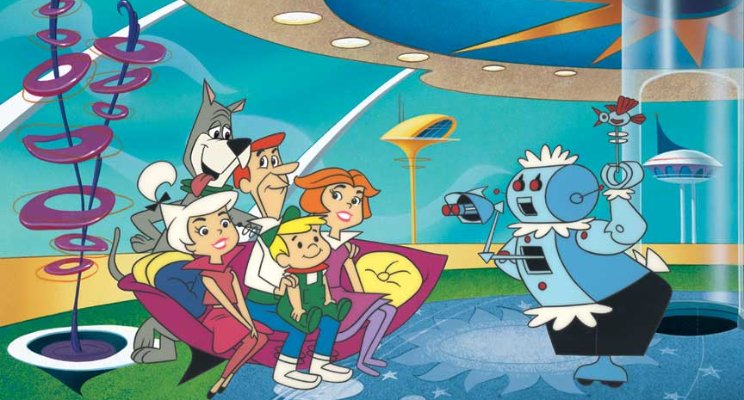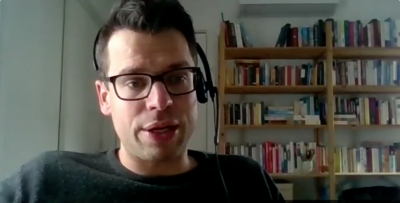Procrastination and predicting the future
George was the futuristic father in ‘The Jetsons’. The uber-cool cartoon depicted 2062 as a world with flying cars, floating homes with robot helpers and three hour workdays. Watch clip here
In 1989 Marty McFly headed into the future (October 21 2015) in Back to the Future II. Marty was met with a world quite similar to George Jetsons’ with flying cars and self drying clothing. Watch clip here
Human nature is to be fascinated by, even increasingly obsessed with the future, yet our ability to predict it is weak at best. Further, while a long term future vision is important, it can breed procrastination.
Similarly, statistics such as life expectancy can also delay action.
“In 2013–2015, the male and female combined life expectancy at birth estimate for Australia was 82.4 years.”Australian Bureau of Statistics
Life seems infinite, and the future such a long way away.
In recent years we lost many greats from our world—David Bowie, Leonard Cohen and George Michael. Wonderful music legacies, and very sad for their family and friends.
The future is sure to be very exciting, but in among the sadness of the death of pop-stars and more so close loved family and friends is highlighting that life is finite. Whatever we desire the future to be needs to be created. And, in creating an exciting future the single biggest obstacle is procrastination.
Rather than wasting time with crystal ball and non-evidence based gazing at futuristic predictions in the far, far distant future, seek incremental and on-going change—the small and seemingly too simple ideas solving inherent problems or just making the complex easy. There are a plethora of these just waiting.
If you live your personal and professional life assuming another 40 years or so, or even thinking 365 days a year gives freedom to procrastinate, your impact on creating the future you dream of will be limited.
Find your motivation, that fire in your belly. Recognise that there will be much uncertainty and impermanence—work with it and the opportunities it brings.
Driving behaviour change to overcome procrastination is critical in creating the future we wish to see – in our social and commercial entrepreneurs to innovate, leaders to make speedy decisions, staff to act with urgency, community to solve social gaps and customers to buy with minimal delay.
Read full uncensored ‘Procrastination and predicting the future’ here.




